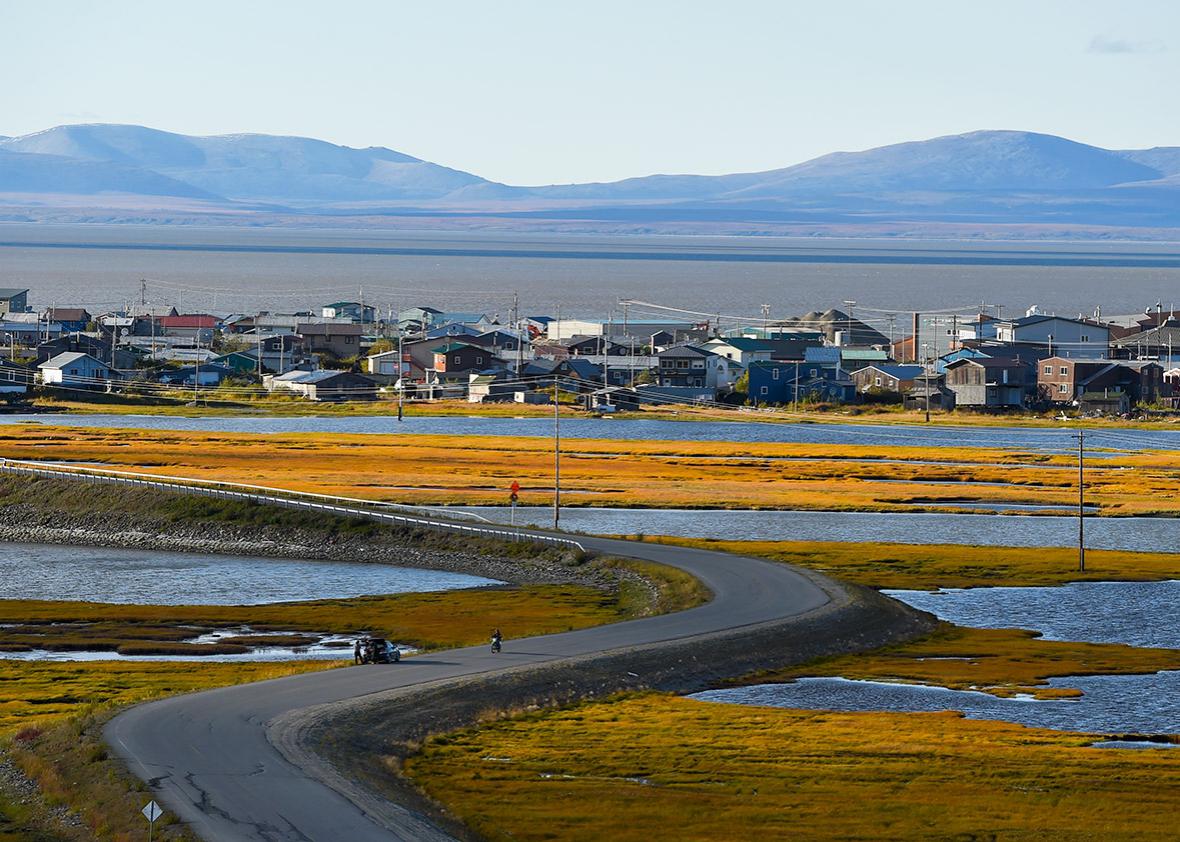Joel Clement is the latest example of a public servant who has shown us what integrity can look like for civil servants in the Trump administration. Clement was the director of the Department of Interior’s Office of Policy Analysis. Last week, he was involuntarily reassigned to the department’s revenue office—an area in which he has no expertise. He courageously declared his role as a whistleblower, penning an op-ed in the Washington Post about the move, writing:
I am not an accountant — but you don’t have to be one to see that the administration’s excuse for a reassignment such as mine doesn’t add up. A few days after my reassignment, Interior Secretary Ryan Zinke testified before Congress that the department would use reassignments as part of its effort to eliminate employees; the only reasonable inference from that testimony is that he expects people to quit in response to undesirable transfers. Some of my colleagues are being relocated across the country, at taxpayer expense, to serve in equally ill-fitting jobs.
In doing so, Clement has shown us that it is possible to behave ethically while staying on and working for the Trump administration. It’s been a weird time for federal employees. In the Trump administration, loyalty is prized over duty. We have seen a few different paths taken for employees committed to fulfilling the missions of their office. Former U.S. Acting Attorney General Sally Yates and erstwhile FBI Director James Comey were fired for doing their jobs. Walter Shaub, the principled former Office of Government Ethics director who repeatedly called out the Trump administration’s failures to comply with ethics rules, chose the path of “noisy exit.”
So did former White House Press Secretary Sean Spicer, who resigned last week because he opposed his boss’ decision to name Anthony Scaramucci to be White House communications director. (Ironically, Spicer had previously told dissenting State Department employees that they should “get with the program” or resign if they disagreed with the Muslim travel ban.) Journalists Nick Tabor and Marin Cogan recently reported in New York magazine just how many behind-the-scenes career employees actively wrestle with the decision to stay or leave, fearing they can’t perform their jobs if they are compelled to take actions that are harmful—or that they may be complicit in practices that are neither evidence-based nor defensible.
In his former position, Clement was responsible for raising concerns about the dangerous effects of climate change on Alaska Native communities to White House officials and senior Department of Interior management. He had also spoken out publicly on the need to address these communities’ needs. In transferring Clement to a position that strips him of his duty to coordinate federal engagement on climate change, he felt the Department of Interior had not only retaliated against him for raising serious concerns about the health and safety of Alaskan Native communities, but also exacerbated those threats by effectively eliminating his position.
The Department of Interior’s purported reason for the transfer, according to Interior spokesperson Heather Swift, was to effectuate a departmental reorganization that is “ ‘… responsive to the needs, policies, and goals of the nation.’ ” The problem is that the actions advocated by the new administration are exactly the reason Clement felt the need to blow the whistle: They represent significant failures to address serious national problems and concerns about climate change. As such, these actions contribute to substantial and specific dangers to public health and safety, threatening the Alaskan villages that are in a region scientifically proven to be warming two times faster than the rest of the planet, with storms and floods threatening citizens’ homes and lives because of accelerated melting of permafrost and sea ice.
Clement’s public disclosure is both legal and admirable. The standard for protected whistleblowing activity under the Whistleblower Protection Act are disclosures of evidence that employees “reasonably believe” is evidence of a violation of law, rule, or regulation; gross mismanagement; gross waste of funds; abuse of authority; or a substantial and specific danger to public health and safety. Clement’s belief that climate change is threatening native Alaskan communities could not be more serious or more reasonable: His disclosures are a referendum on the fact that climate change is real in light of overwhelming global scientific consensus.
Clement’s exercise of his whistleblower rights emphasizes the existence and importance of these rights. In contrast to partisan fights over legislation, whistleblower protection laws include some of the rare examples of legislation that consistently receive bipartisan and near-unanimous support. The laws that prohibit retaliation for whistleblowing are meant to encourage ethical government employees to report serious breaches of public trust because employees are the best mechanism for holding the powerful accountable and protecting the public interest.
In publicly declaring himself a whistleblower and staying within the government to assert his rights, Clement sends a powerful message: Leaving government service or engaging in head-down self-censorship are not the only options for retaining professional integrity. Exercising the right to blow the whistle is the vehicle by which dedicated public servants can continue to choose duty over blind partisan and political loyalty.
